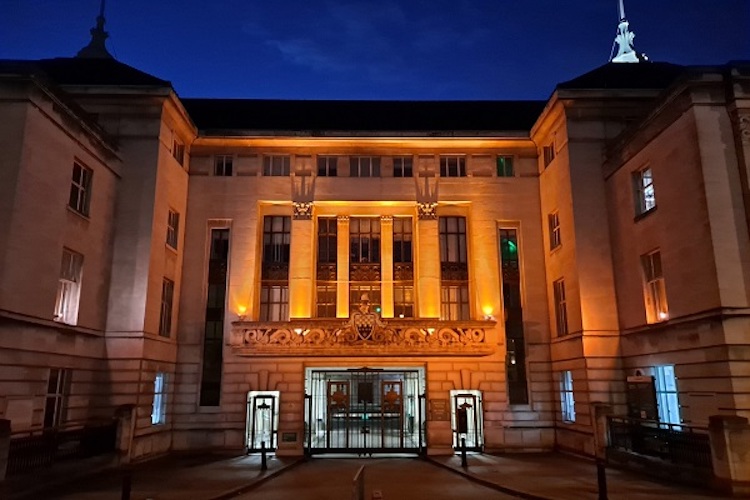Much coverage has been devoted to Wandsworth Council’s decision to increase rents for tenants of its 16,600 social rent homes by up to seven per cent and to hike what it charges them for their heating and hot water. In the run-up to losing control of what had long been one of their London – indeed national – flagship local authorities last year, the Conservatives said they would freeze council rents and energy charges, saying this would help residents affected to weather the cost-of-living and energy inflation storm. Now Labour, which pitched itself during the election campaign as being firmly on the side of council tenants, is doing the opposite? What’s that all about?
It is a blunt collision with financial reality. Wandsworth’s cabinet member for housing, so Corbynite he sees no problem supporting and even writing for juvenile alt-left propaganda outlets, has had to acknowledge that “inflation and the huge rise in prices has posed a real challenge to the housing department” and justified the coming hikes by saying it “will enable Wandsworth to meet its costs” and also pay for better management of the council’s dwellings as well as supporting “the delivery of much needed new council housing for our borough” (Wandsworth Labour promised to build 1,000 new council homes prior to the election, a long-term programme that was approved in October).
How hard will the council’s price rises hit Wandsworth’s tenants? In fact, the overall average rent rises will be 6.5 per cent, with only tenants of the roughly 4,400 one-bedroom properties faced with a seven per cent rise.
The 6,200 two-bedroom households will see their rents go up from an average of £125.63 a week to one of £134.20 a week – an average rise of £8.57.
The 4,100 in three-bed accommodation will see their rents go up from £163.24 to £172.29 – a change of £9.05 a week.
The rises will be smaller in both absolute and percentage terms for the smaller number of homes with four or five bedrooms or more.
It is important to remember that many London social housing tenants receive housing benefit, with up to 40 per cent of them saying their entire rent is covered by it according to the evidence base for Sadiq Khan’s housing strategy (page 41) MyLondon has reported the council saying that two-thirds of its tenants already have their rents covered by benefits, so it may be that most in the borough will therefore be unaffected. But plenty will be worse off as a result. (On London is seeking more detail).
As for the heating and water costs, those are to go up more than threefold, from £6.28 a week to £22.67 a week. The council has said this will simply enable it to keep up with what it is now being charged by its supplier.
So that’s the immediate context for the extra charges on some of Wandsworth’s less well-off: a combination of a need to deal with repairs, a wish to improve management standards, soaring energy wholesale costs and a desire to build only social housing on council-owned land rather than the combinations of different tenure types the Tories preferred, which would mean fewer social homes but also cross-subsidy to pay for them.
But there’s a longer historic backdrop too, nicely summed up in a London Councils briefing, which tells us that the government has introduced a one-year seven per cent ceiling on all social housing rent increases, council or housing association, for the financial year 2023-24. Wandsworth have taken full advantage and are definitely not alone in doing so.
It also reminds us that consumer price index inflation has been rising faster – by close to ten per cent – which means the new rent ceiling “represents a real terms reduction in income for local authority housing revenue accounts”. Within that inflation figure is a 16 per cent for repairs and maintenance costs and 9.6 per cent for construction costs.
And before all that, for four years from 2016-17, a government-imposed one per cent annual rent reduction policy – regarded by the cynical as a crude attempt to make the housing benefit bill less alarming – deprived London social housing providers of hundred of millions of pounds in revenue they would otherwise have been able to invest.
Labour Wandsworth finds its in an oddly parallel position to that of nearby Tory Croydon, which intends to put its council tax up by 15 per cent. They might not want to charge residents more money. But if they don’t, things will fall apart.
On London strives to provide more of the kind of journalism the capital city needs. Become a supporter for just £5 a month. You will even get things for your money. Learn more here.
